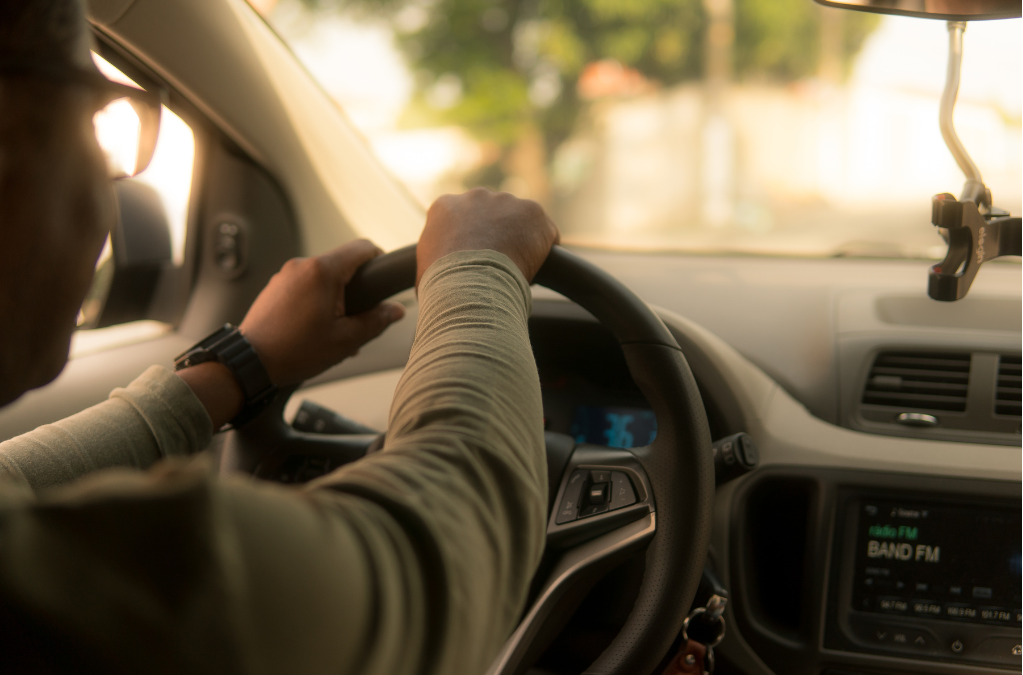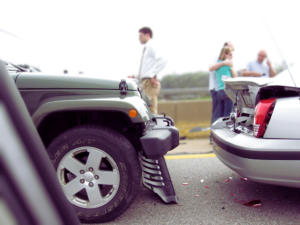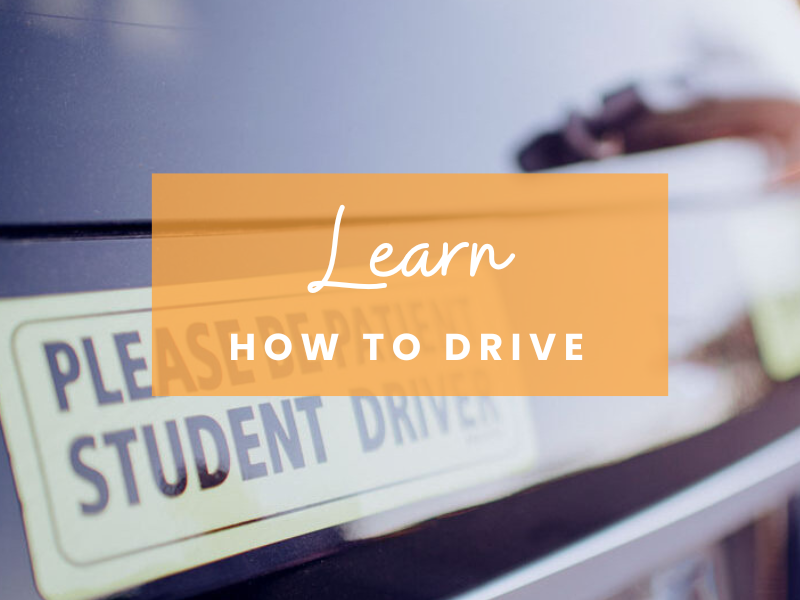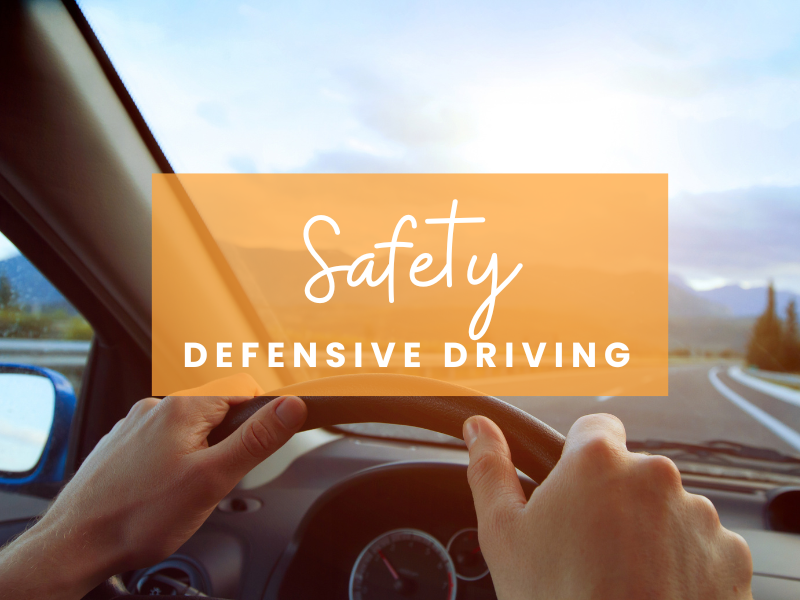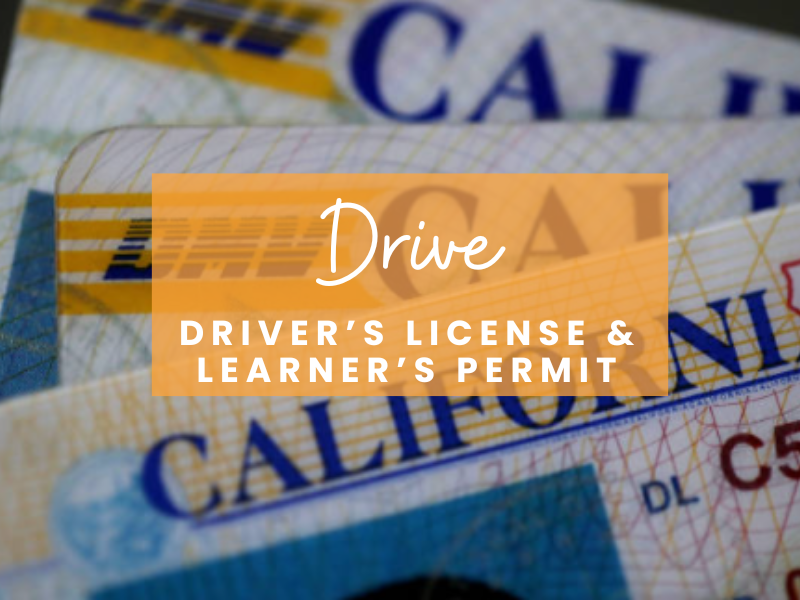Prepare Your Teen for Driving Alone
Written By | Doreen Almirol | 20+ years CA DMV Licensed Driving Instructor |
Driving is a significant milestone in a teenager’s life, symbolizing independence and responsibility. As a parent, it’s natural to feel anxious about your newly licensed teen driving alone. However, with proper guidance and education, you can help your teen become a safe and confident driver. Here are important topics to discuss with your teen before they hit the road solo.
This blog may contain affiliate links, and if you make a purchase through these links, we may or may not earn a commission at no extra cost to you.
1 | Ensure Your Teen Understands the Vehicle
Before your teen starts driving alone, ensure they are familiar with the vehicle they will be using. This includes understanding basic controls and how to operate them, such as the headlights, windshield wipers, emergency hazard lights, and defrosters. Also, teach them basic maintenance tasks like checking the oil level, tire pressure, and general car care.
RELATED ARTICLE: Basic Car Maintenance
2 | Respect Traffic Laws When Driving Alone
Emphasize to your teen the importance of obeying traffic laws when they are driving alone. This includes speed limits, stop signs, traffic lights, and right-of-way rules. Discuss the consequences of traffic violations, both legally and for their safety.
RELATED ARTICLES: Traffic Laws and Regulations
3 | Handling Emergencies When Your Teen is Driving Alone
Prepare your teen for potential emergencies. Discuss what to do in case of a flat tire, engine trouble, or an accident. Make sure they know how to contact roadside assistance and have important information like insurance and registration details handy.
RELATED ARTICLE: Handling Common Road Emergencies
4 | Encourage Defensive Driving
Before they start driving alone, encourage your teen think about and consider the principles of defensive driving. This includes being aware of their surroundings, anticipating the actions of other drivers, and keeping a safe distance from other vehicles.
LEARN MORE: Defensive Driving
5 | Avoiding Distractions
One of the biggest risks for teen drivers is distractions. Discuss the dangers of using a smartphone while driving, including texting and browsing social media. Also, talk about other distractions like loud music, eating, or too many passengers.
RELATED ARTICLE: Avoiding Distracted Driving
6 | Driving in Different Conditions
Driving in rain, snow, or fog requires different skills and precautions. Discuss how to adjust driving habits in adverse weather conditions, including reducing speed and increasing following distance.
RELATED ARTICLES: Driving in Adverse Weather
8 | Alcohol and Drug Awareness
Have a serious conversation about the dangers of driving under the influence of alcohol or drugs. Emphasize the legal implications and the risk to their own and others’ safety.
RELATED ARTCLE: California’s Strict DUI Laws
9 | Managing Road Rage
Teach your teen how to handle road rage, both their own and that of other drivers. Discuss the importance of staying calm, not engaging with aggressive drivers, and when necessary, pulling over to a safe location.
RELATED ARTCLES: Road Rage Prevention
10 | Traffic Accidents & Collisions
Make sure your teen can identify and understands the importance of carrying necessary documentation like a driver’s license, registration, and insurance information. Your teen will most likely need these documents when involved in a traffic accident or collision. Teach them what to do and and how to handle traffic accidents.
RELATED ARTICLE: How to Handle Traffic Accidents in California
Preparing your teen for solo driving is about more than just the mechanics of operating a car. It’s about instilling a sense of responsibility, awareness, and cautiousness. Regular practice, open communication, and setting a good example as a driver yourself are key. With these discussions and the right approach, you can help your teen navigate the roads safely and confidently.
Remember, driving is a privilege, not a right, and respecting this privilege is crucial for their safety on the road.
Parents, ensure your teen's safety on the road!
Parents, protect your teen’s future. Visit the National Highway Traffic Safety Administration for more vital resources on Teen Driver Safety. Arm yourself with knowledge, set clear rules, and ensure responsible driving habits. Your guidance can save lives. Act today to keep your teen safe on the road.

